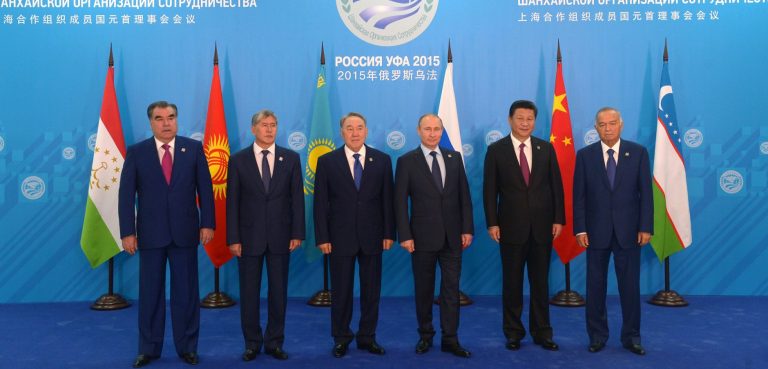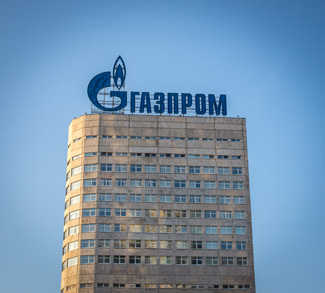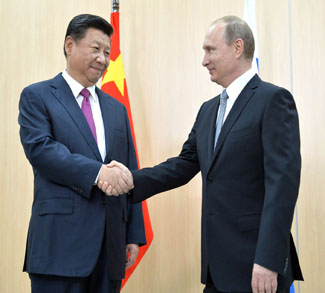Donald Trump’s victory in the 2024 presidential election is likely to spark a realignment in Europe when it comes to defense spending, transatlantic relations, and the future of the conflict and the Euro-Atlantic trajectory of Ukraine.
Some NATO member states like Poland and the Baltic states are well positioned, having promoted European self-reliance and increased defense spending for some time, proving themselves as capable partners of both Republican and Democratic administrations. France and Germany are more vulnerable due to fractious internal politics and the collapse of Germany’s fragile coalition government just the day following the US election, with a likely Christian Democratic Union-led government emerging next year. For Europe, Trump’s re-election is a wake-up and a warning call, a signal that the Biden years may not have been a return to normal and that Trump is not an anomaly but representative of a deep-seated feature of US politics.
However, NATO’s ‘brain death’ in the words of French President Macron, is far from assured, and while the future of Ukraine is undoubtedly more perilous than it would have been under a Harris administration, Kyiv’s defeat is far from certain. Ukraine may even welcome the unpredictability of the new president, as a recent article in The Economist argued, and while some domestic cabinet posts have sparked controversy, Trump’s picks of Keith Kellogg as special envoy to the Ukraine-Russia conflict, Marco Rubio as Secretary of State, and Mike Waltz as National Security Adviser have been welcome developments.
As former Zelensky aide Iuliia Mendel wrote in an op-ed for The Kyiv Post, this moment is also an opportunity for Ukraine to refocus, to recharge, and to recognize that a temporary ceasefire may be necessary. For Mendel, it is a moment for ‘consistency, commitment, and a clear-eyed understanding of the reality’ in Ukraine that calls for nuance and humility, a recognition that the worst headlines may come to pass. The Trump administration will have allies in Ukraine that it did not have previously, those who care deeply about the survival of the Ukrainian state and its people but not at any cost and who operate with a more malleable definition of victory.
The Biden administration was rhetorically confident but strategically and militarily cautious on Ukraine. For Kyiv, there is an opportunity under Trump not to capitulate to Russia but to regroup, staying true to its values and identity as a proud European nation with immeasurable strengths to bring to the NATO alliance despite formal transatlantic membership being even further away.
In Trump’s victory, the era of transatlanticist US presidents whose views are shaped by and wedded to the post-World War II international order has effectively ended. This does not mean future US presidents won’t view European security and European political issues as critical interests of the United States, but only so far as they are extensions of the national interest. President-elect Trump’s picks of Keith Kellogg and Marco Rubio are likely to favor a strong US presence in NATO while simultaneously advocating for European allies to spend more on their own defense. In December 2023, Congress approved legislation co-sponsored by Rubio and Sen. Tim Kaine (D-VA) that prevents the president from withdrawing the US from NATO without Senate or Congressional approval. There remains broad bipartisan support for NATO in Congress, making it difficult, but not impossible, for Trump to attempt a US withdrawal.
The reporting from the Wall Street Journal that the Trump administration’s peace proposal for Ukraine includes a 20-year halt to its NATO membership in exchange for freezing the current lines in the conflict may be a hard pill to swallow but it reflects the political and military realities on the ground. Writing in The National Interest last year, Kellogg countered the notion that Trump would abandon Ukraine, and instead advocated for lifting restrictions on military aid to Ukraine in order to force Putin to consider a peace settlement. This is the ‘escalate to de-escalate’ strategy of the incoming Trump administration that is less of a sophomoric negotiating tactic and more of an unconventional break from strategic orthodoxy that may just win over some prominent leaders in Ukraine.
The creation or furtherance of a frozen conflict in Ukraine or any other corner of Europe is a gift to Vladimir Putin that should never be the primary goal of those seeking peace and stability in the region. However, at this stage it doesn’t signal appeasement so much as it reflects NATO’s broader failures in properly integrating and managing its relationship with Ukraine and other aspirant states like Georgia stretching back decades.
This month’s European Political Community (EPC) meeting in Budapest provided a glimpse into the mood in Europe towards Trump’s return to power, as well as what is necessary for EU and NATO member states to build greater resilience. President Macron, who organized the EPC in response to Russia’s full-scale invasion of Ukraine in 2022, asked whether Europeans are ready to defend the interests of Europeans, while including the usual plea for Europe ‘to believe in our sovereignty and strategic autonomy.’
European strategic autonomy has been an agenda item for Macron since he was first elected in 2017, and it remains a complicated idea meaning different things to different EU member states. For Macron, it ultimately means creating the conditions for Europe to act independently of the United States as a geopolitical actor on the world stage. It is something that will take on greater urgency in the second Trump administration, but Macron will not be on the political stage for that much longer and is increasingly seen as a lame-duck leader.
It is hard to predict how Europe will look at the end of Trump’s second term in 2028. Leaders like Macron will have left the stage, Ukraine may still be fighting for its survival or be bound to neutrality, and other unforeseen conflicts will likely tear at the fabric of European solidarity.
For now, Europe will prepare for unpredictably from both Washington and within its own ranks. President-elect Trump and forces closer to home will question not just Europe’s ability to be a geopolitically independent actor but also its very relevance and will to fight for its interests when under attack. Likewise, Macron’s vision of strategic autonomy is likely to clash with the visions of his political adversaries like France’s National Rally party and Hungary’s Orban. There are nationalistic and more protectionist streaks on both sides of the Atlantic, advocating for a Europe or America first approach, and hopefully meeting when those interests align. Just as Europe cannot afford to pull up the drawbridge, Washington cannot afford to construct more moats. Whether there is friction or fraternity between Washington and various European capitals, there is now the clear recognition that Trump is not an aberration and cannot be treated as such. For Europe, it is a moment of supreme clarity that should necessitate an era of supreme conviction.
The views expressed in this article belong to the author(s) alone and do not necessarily reflect those of Geopoliticalmonitor.com.




